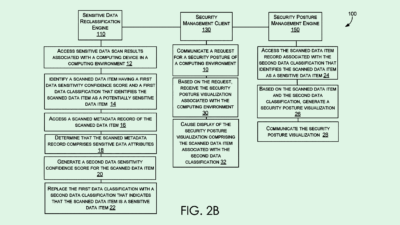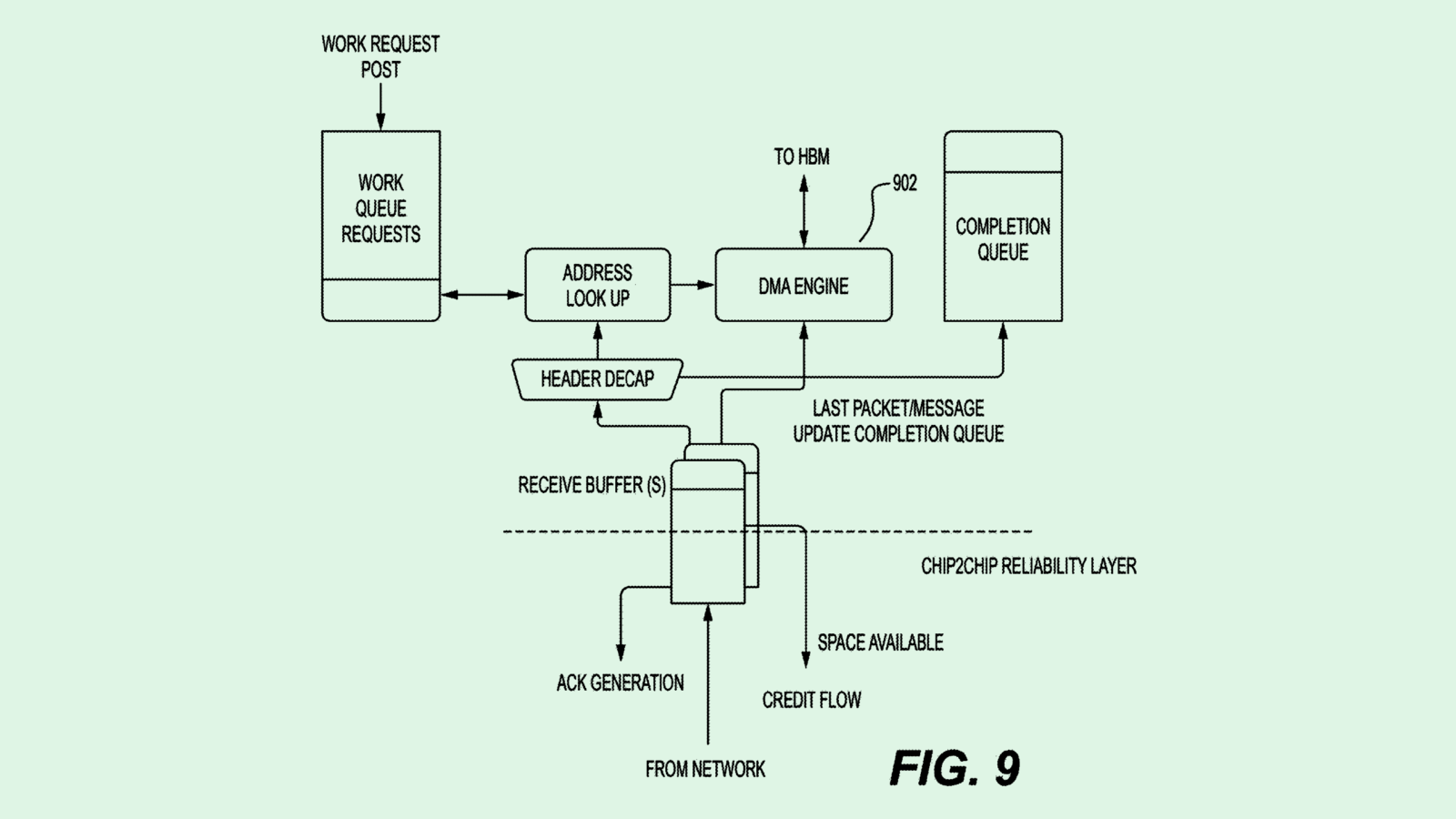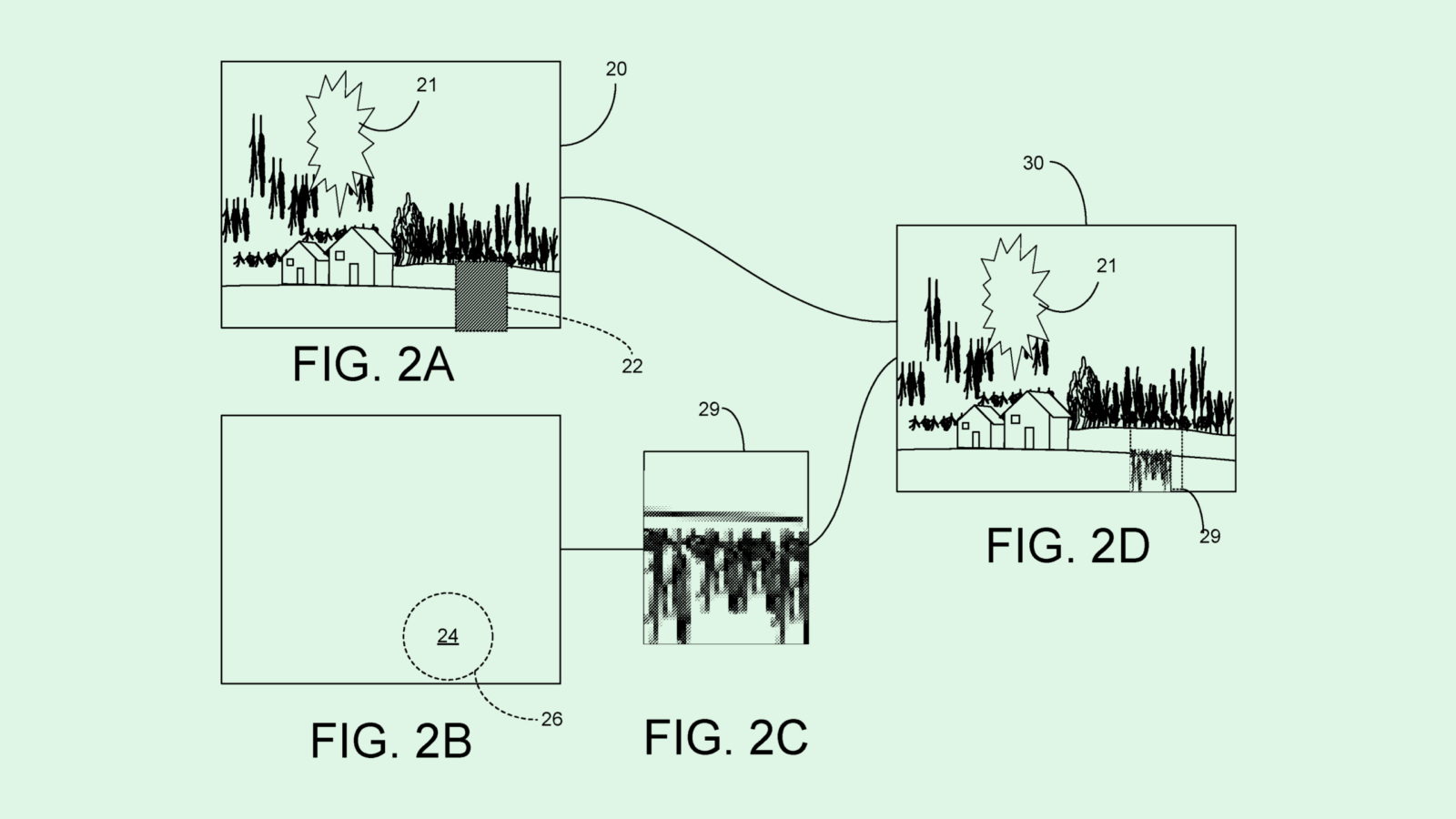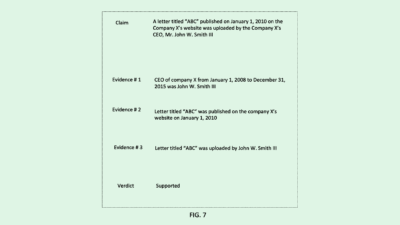From the Experts: What to Expect From Tech in 2024
What’s next for AI, cybersecurity, artificial reality and more.

Sign up to uncover the latest in emerging technology.
Patent Drop spoke to experts in AI, artificial reality, climate tech, cybersecurity and privacy about what may be in store for these different fields in the year to come.
AI
Arti Raman, CEO of and founder of Portal26
In 2023, we saw two types of responses to AI, especially generative AI: There were those who jumped in headfirst and started harvesting the enormous productivity gains right away and those who blocked the technology from their companies. This created an adoption gap. In 2024, we will see this adoption gap widen since the early adopters will have already gained valuable experience and started on a journey of acceleration, whereas the laggards will consider unblocking AI but will have missed out on early education.
As incidents of (Unmonitored AI) continue to increase, we will see high-profile data breaches and privacy incidents. Many of these breaches will be the result of inadvertent mistakes made by employees who have not been properly trained.
2024 will also see an explosion of small AI models built for niche use cases, resulting in fewer errors and less bias, which will make AI even more accessible than it already is.
Artificial Reality
Jake Maymar, VP of Innovation at The Glimpse Group
We haven’t really had the moment yet for AR glasses. The biggest problem right now is everything’s heavy and complex and processor-intensive, and there’s a bit of a delay. I don’t think the technology exists to have AR in a fashionable lightweight pair of sunglasses. We’re getting closer, but I think that’s, realistically, probably a couple of years out.
I think the big thing for 2024 is Apple’s Vision Pro. It’s almost like a reinvention of a platform. Virtual reality headsets have been out for quite a while, there’s been experiments of AR stuff, and we’re just getting to passthrough. Because the Apple headset has passthrough, and the Meta Quest 3 also has passthrough and the ability to add layers into the real world, I think we’re going to see a lot of experiments and a lot of ideas for the next versions of that hardware.
Climate Tech
Dr. Daniel Stein, founder of Giving Green
2023 saw some exciting advances in carbon removal, such as Frontier’s offtake of $57 million worth of removal from Lithos, notable for its high volume of 154,000 tons, and American Airlines’ purchase of removal from Graphyte, notable for its low price of $100 per ton. The two biggest players on the buy side are Frontier, which has a huge fund set up and the ability to make advance purchase commitments, and Microsoft, the largest independent buyer of carbon removal. I think these two will continue to shape the market.
High interest rates will continue to be a headwind for climate tech. Interest rates are already hurting the profitability of renewable energy investments, and I am concerned that they will start to bite other parts of climate tech in 2024. High interest rates make big, risky investments less profitable across all sectors, so I think they will slow progress.
Privacy
Sara Geoghegan, Counsel for the Electronic Privacy Information Center
I expect to see more people wanting to protect their privacy. From the explosive growth of generative AI, to the threat of surveillance of abortion access and reproductive privacy, to the constant annoyance of the ubiquity of hyper targeted ads, data breaches, and spam calls. Privacy has become a kitchen table topic. I expect that there will be new, meaningful limits to the commercial use of facial recognition technology, as evidenced by a recent FTC settlement. These issues are everywhere and the average person cares. We want privacy protections and we know they are way overdue … We are in a moment where more folks are recognizing that our commercial surveillance system is broken and it’s past time for it to change.
Cybersecurity
Ali Allage, CEO of BlueSteel Cybersecurity
I believe that in 2024, security frameworks will be imposed on AI in the way it handles data, how it is developed, its nation of origin, its behaviors, and its use case. Defense, healthcare, and financial services will be among the first to require compliance. (Bring Your Own) AI, for example, will provide issues similar to those presented by mobile devices in the past.
2024 will usher in a completely new era of deep fakes and generic impersonations. Emails and SMS messages will remain vulnerable since monitoring technologies will need to develop models to detect impersonations, which will be difficult. This will result in an increase in hacks. Misinformation will become more sophisticated and generate a veneer of trustworthiness, especially as election season approaches.











